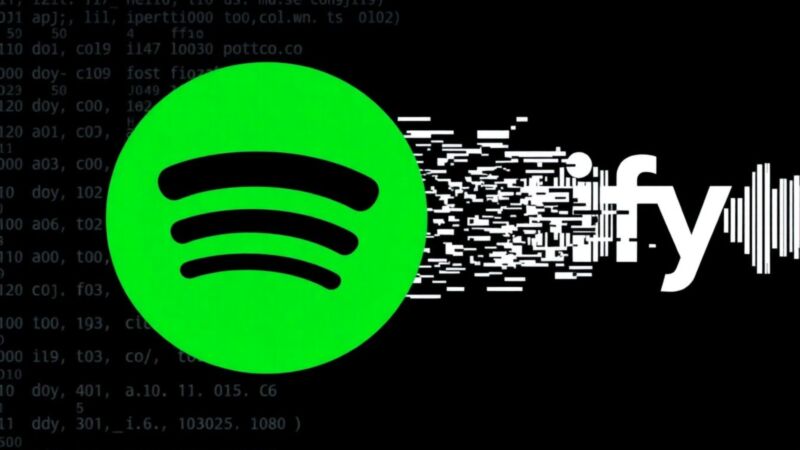Spotify has announced a significant update to its AI policy, aiming to enhance transparency and combat misuse on its platform. The streaming giant will now label AI-generated music and implement a new spam filter to tackle the growing volume of low-quality and deceptive content. This move comes in response to user concerns and the increasing prevalence of AI-created music.
Key Takeaways
-
AI Music Labeling: Spotify will adopt an industry standard (DDEX) to disclose the use of AI in music creation, detailing its application in vocals, instrumentation, and post-production.
-
Spam Filter Rollout: A new system will be introduced to identify and filter out spammy music, including mass uploads, duplicates, and SEO manipulation.
-
Impersonation Policy: Unauthorized AI voice clones and deepfakes will be strictly prohibited and removed from the platform.
-
Support for Responsible AI Use: Spotify emphasizes that these changes are not intended to penalize artists using AI authentically but to protect against malicious actors.
Enhanced Transparency with AI Labeling
In an effort to provide listeners with greater clarity, Spotify is integrating the DDEX (Digital Data Exchange) standard. This system allows for detailed disclosures about how AI was used in the creation of a track, whether it was for vocals, instrumentation, or post-production. This nuanced approach moves beyond a simple "AI" or "Not AI" binary, acknowledging that AI can be used across a spectrum of creative processes. Spotify has already secured commitments from 15 labels and distributors to adopt this standard, signalling a broader industry shift towards transparency.
Combating Music Spam and Deception
The platform is also rolling out a new music spam filter this autumn. This system is designed to identify and flag manipulative tactics, such as mass uploads, duplicate content, and search engine optimization (SEO) tricks, which have become easier to execute with the rise of AI tools. By filtering out these spammy tracks, Spotify aims to prevent them from being recommended to users and to protect the royalty pool for legitimate artists. Additionally, Spotify is strengthening its policies against impersonation, specifically targeting unauthorized AI voice clones and deepfakes, which will be removed from the service.


